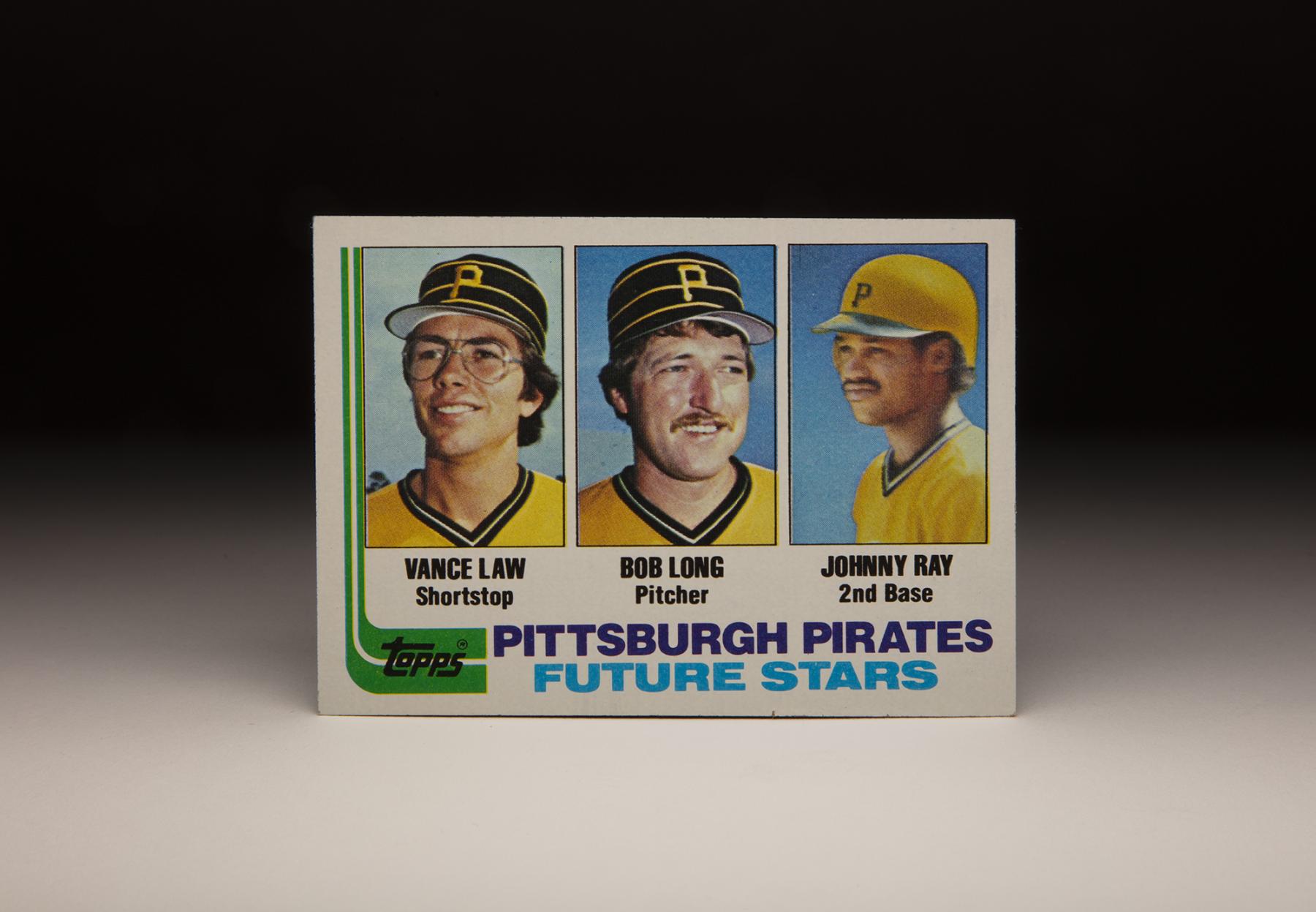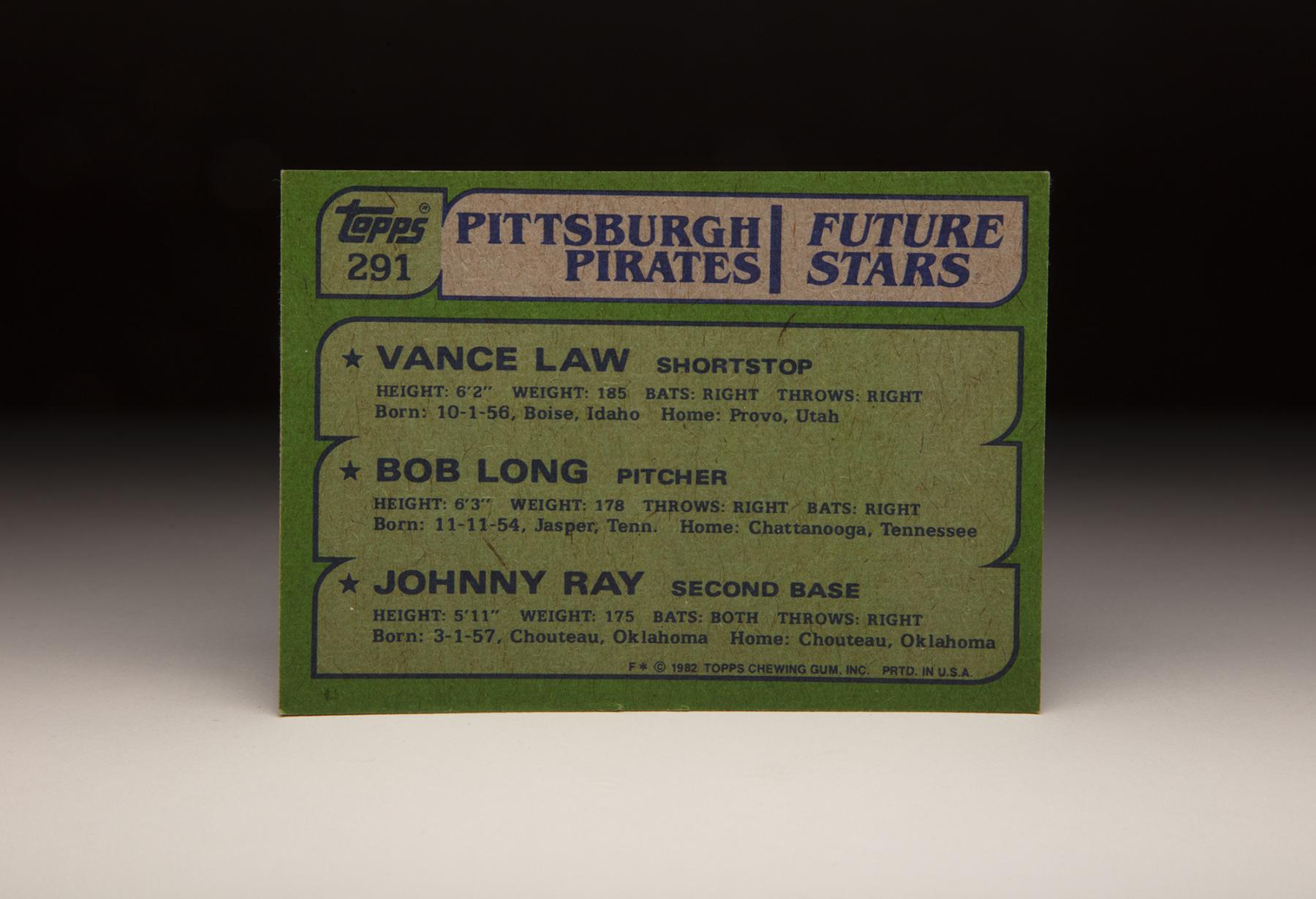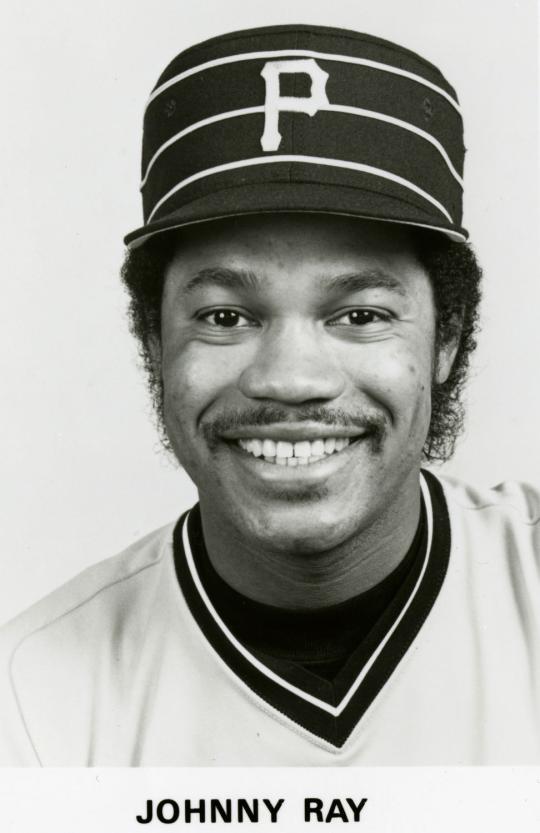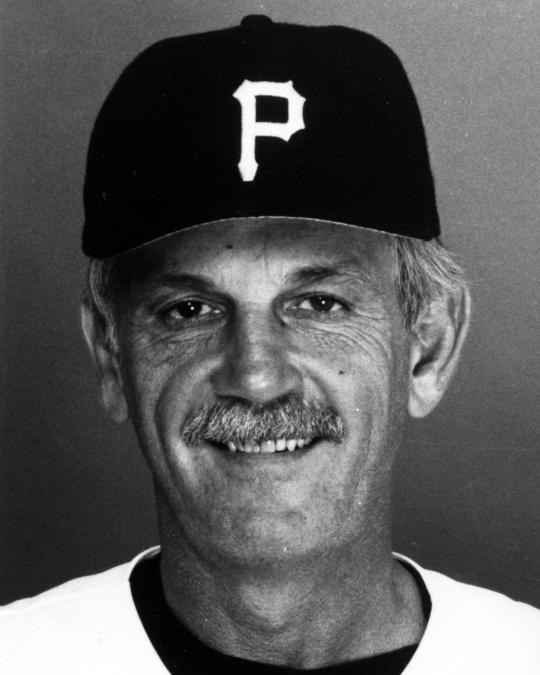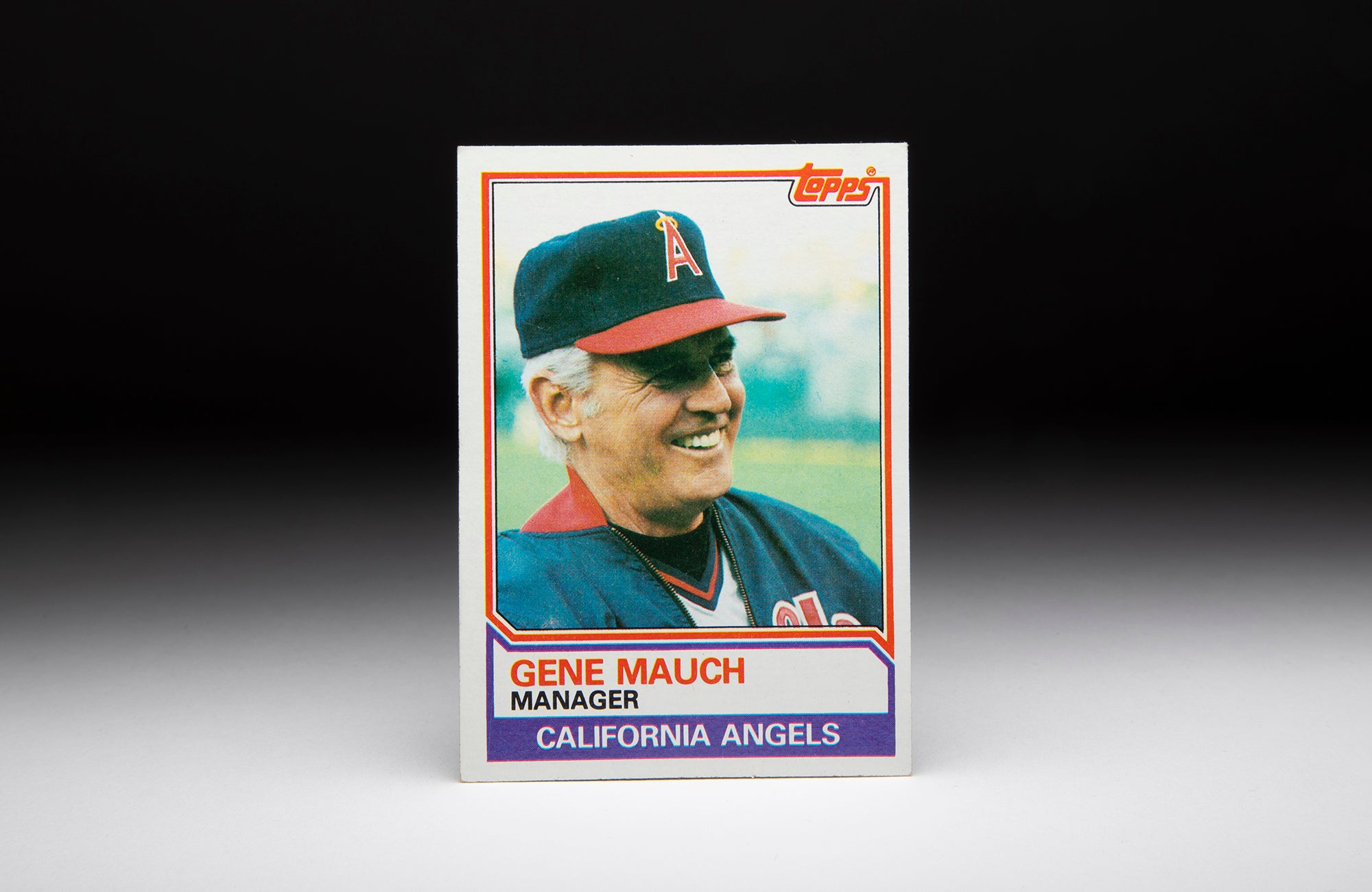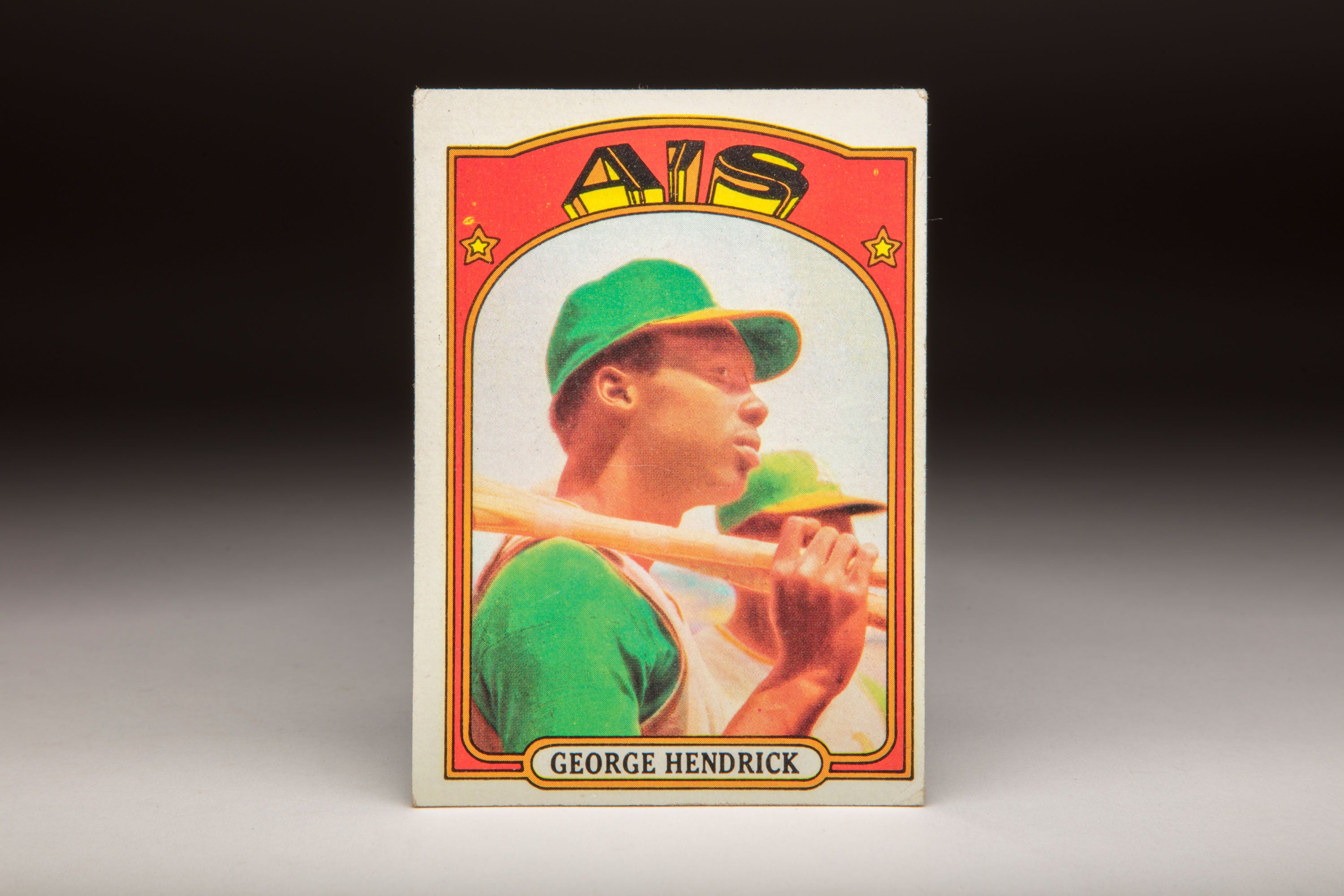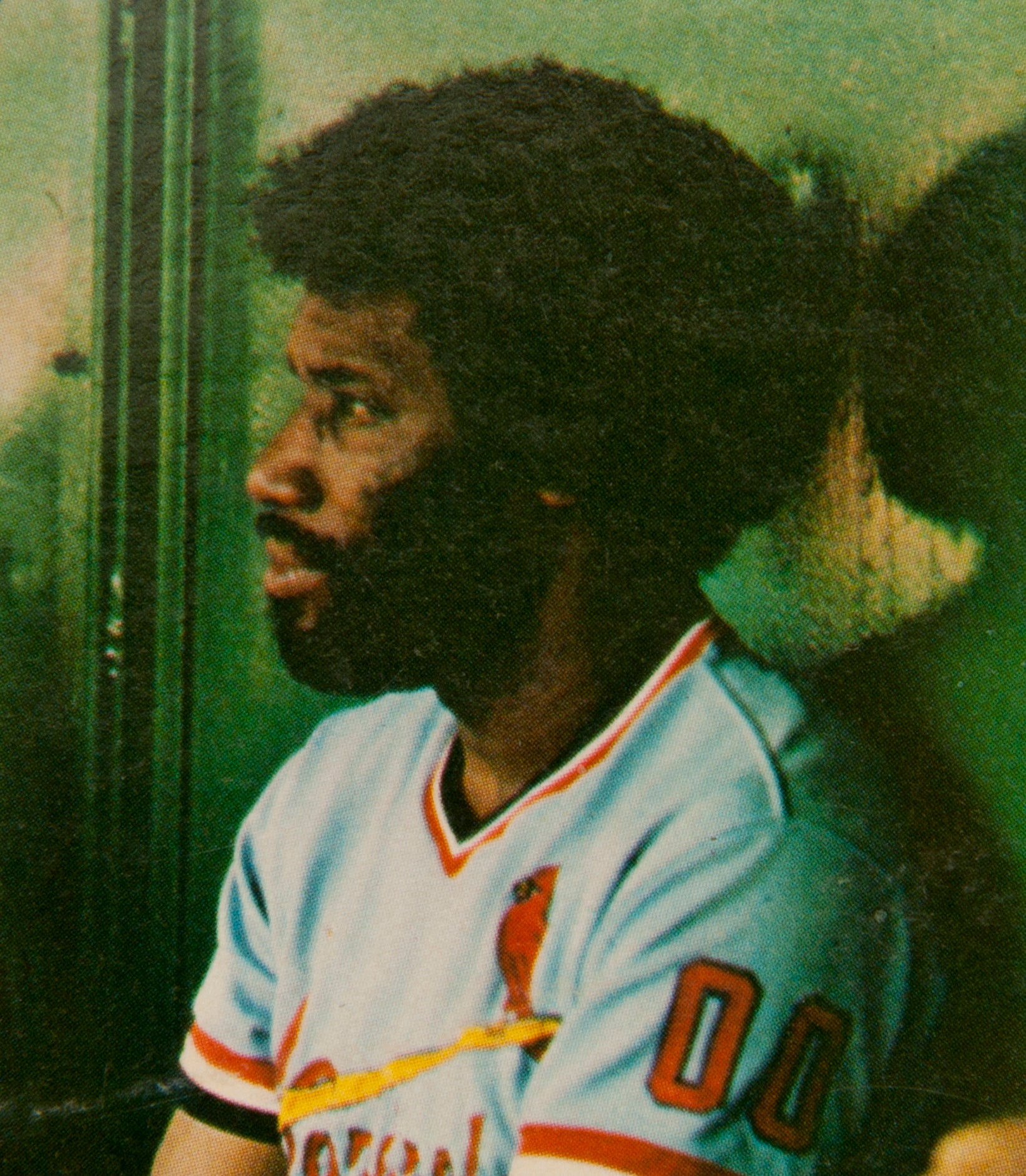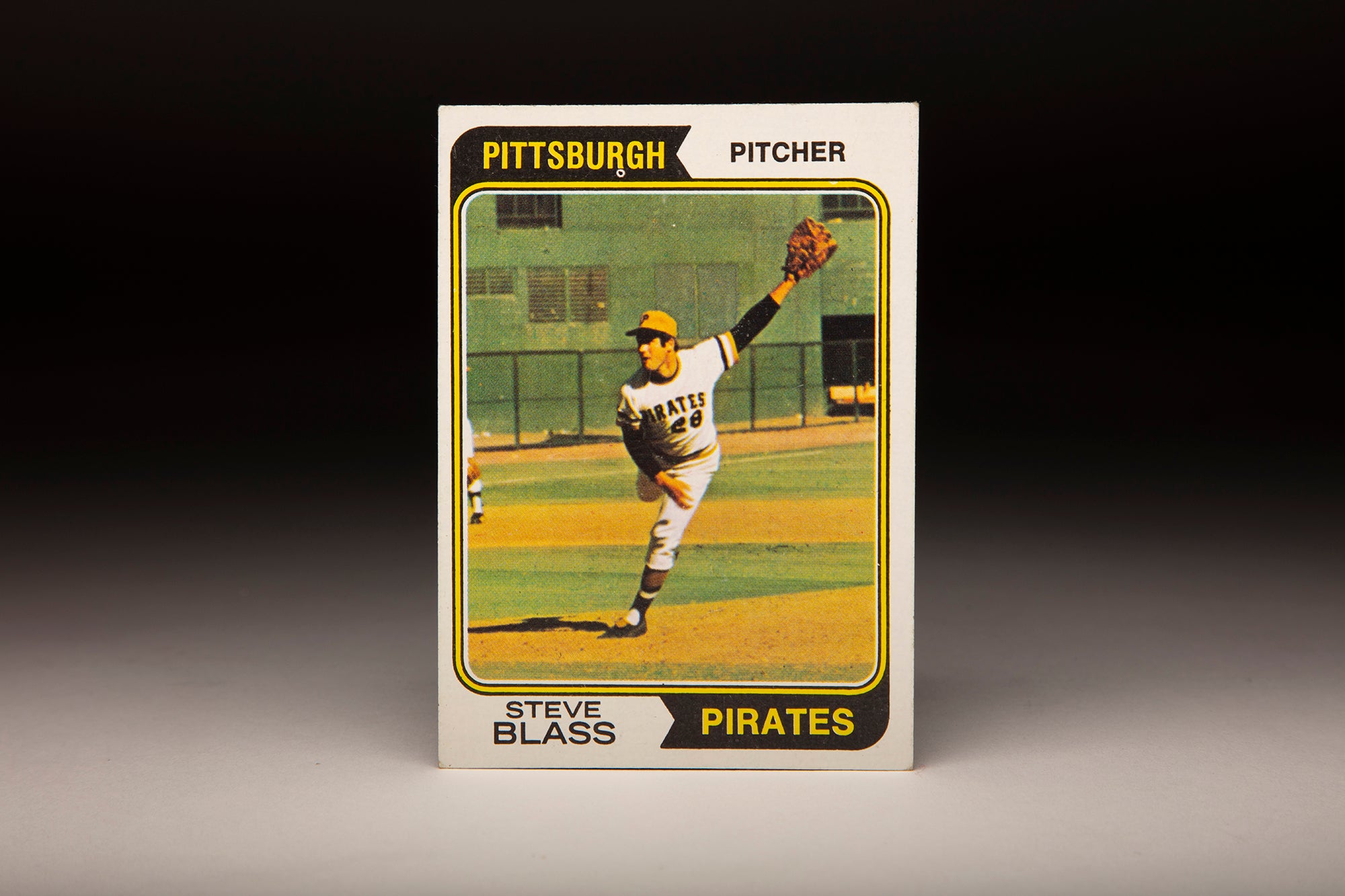- Home
- Our Stories
- #CardCorner: 1982 Topps Johnny Ray
#CardCorner: 1982 Topps Johnny Ray
After a decade that featured six National League East titles and two World Series championships, the Pittsburgh Pirates transitioned from the 1970s to the 1980s with an aging roster and a thin farm system.
On Aug. 31, 1981, the Pirates began their rebuilding project by trading fan-favorite Phil Garner to the Astros. In return, Houston sent three players, including one who would replace Garner in the field and in the fans’ hearts: Johnny Ray.
Pirates Gear
Represent the all-time greats and know your purchase plays a part in preserving baseball history.
The Garner-for-Ray swap included two other players – Randy Niemann and Kevin Houston – but it was Ray the Pirates’ brass had targeted. Garner was in his fifth season with the Pirates and had been named to the All-Star Game in both 1980 and 1981. But at 32, Garner was one of several Pirates regulars who were entering the final years of their careers.
“I suspected it might happen, but I didn’t know when,” Garner – who was set to become a free agent following the 1981 season – told the Associated Press.
Ray, meanwhile, was the Astros’ 12th-round draft pick in 1979 following his senior season at the University of Arkansas – where he helped the Razorbacks reach the College World Series and come within one game of the title, falling to Cal State-Fullerton in the championship game.
Born March 1, 1957, in Chouteau, Okla., Ray at 5-foot-11 and 130 pounds – went undrafted out of high school. But after starring for the Razorbacks, quickly adjusted to pro ball and hit .324 with 10 homers and 72 RBI for the Columbus Astros of the Double-A Southern League in 1980. After hitting .349 with 111 runs scored for the Triple-A Tucson Toros in 1981, Ray was on his way to Pittsburgh.
Three days after the trade, Ray started his first big league game on Sept. 3, 1981, going 2-for-5 with a double and two runs scored in the Pirates’ 7-3 win over the Padres.
“I was jittery today, I guess that’s normal,” the switch-hitting Ray, who had hits from both sides of the plate against the Padres, told the Pittsburgh Press. “I was glad the Astros traded me to the Pirates. I knew I’d get more of a chance to play.”
Ray spent the rest of the season as Pittsburgh’s starting second baseman, finishing with a .245 batting average in 31 games. Ray then entered Spring Training of 1982 as Pittsburgh’s starting second baseman. His rookie status still intact, Ray hit .281 with 30 doubles, seven homers, 63 RBI and 16 stolen bases while playing 162 games, finishing second in the National League Rookie of the Year race – a mere six voting points behind winner Steve Sax of the Dodgers.
“I think the best part of my game is offense, my hitting,” Ray told the Tampa Tribune that spring. But in the field, Ray acquitted himself well by leading NL second basemen in assists (512) and putouts (382) in 1982.
The next season, Ray won the NL’s Silver Slugger award for second basemen, hitting .283 with a league-leading 38 doubles. Ray also posted a defensive WAR of 2.8 that season, a mark that was only topped once by any second baseman in the 1980s.
The Pirates finished 84-78 in both 1982 and 1983, then experienced a 1984 campaign that can only be described as snake-bit. With Ray hitting .312 and again leading the NL with 38 doubles, the Pirates finished in last place in the NL East with a 75-87 despite leading the NL in ERA (3.11) and outscoring their opponents (615-567).
But instead of building on their veteran rotation, the Pirates dealt John Tudor – who was 12-11 with a 3.27 ERA in 1984 – to the Cardinals for veteran outfielder George Hendrick following the 1984 season. Pittsburgh also added veteran bats Steve Kemp and Sixto Lezcano – who along with Hendrick all struggled in 1985 as the Pirates bottomed out at 57-104. Tudor, meanwhile, went 21-8 with a 1.93 ERA and a big league-leading 10 shutouts in 1985 as the Cardinals advanced to the World Series.
Ray’s average dropped to .274, but he moved into the third spot of the batting order as the Pirates reshaped their roster with several in-season trades. He stayed in the No. 3 hole in 1986 as Jim Leyland took over as manager and integrated young talents like Sid Bream, Bobby Bonilla and Barry Bonds into the lineup.
Ray hit .301 with 78 RBI and committed just five errors all season to go with a .993 fielding average. But the Pirates again finished in last place.
In 1987, however, Leyland began to steer the Pirates back to the top. And at the age of 30, Ray was a veteran presence on a young team. That status eventually led to his departure, as the Pirates traded Ray to the Angels on Aug. 29, 1987, in a deal for prospects.
It was a move designed to open up second base for José Lind, who would hit .322 over the final month of the season and establish himself as one of the game’s best defensive players.
For Ray, it was a move that brought his career full circle following his trade to the Pirates six years earlier.
“It’s nice to acquire a player of that stature,” Angels manager Gene Mauch told the Associated Press. “(Ray) has been, is, and will be a first-class player.”
The Angels were just three-and-a-half games out of first place in the AL West at the time of the trade, and Ray did his part for the pennant push by hitting .346 in 30 games, finishing the season at .289 with 69 RBI. But the Angels lost 15 of 19 games starting Sept. 1 and wound up in last place in the division.
Ray was named to his first All-Star Game the following year, hitting .306 with a career-best 83 RBI. He followed that up with a .289 mark in 1989 before injuries limited him to 105 games and a .277 average in 1990. The Angels then released Ray on Dec. 20, and he immediately signed a two-year deal with the Yakult Swallows of the Japan Central League.
Ray hit .299 in 110 games with the Swallows in 1991 before batting just .190 in 49 games in 1992. With that, Ray’s career came to an end.
In 10 big league seasons, Ray hit .290 with 1,502 hits in 1,353 games, including 294 doubles and 594 RBI. Though Ray did not play in the big leagues in 1980 and appeared in only a month’s worth of games in 1981, his 551 RBI in the 1980s were the third-most among MLB second baseman behind only Lou Whitaker (619) and Frank White (612) – both of whom played in all 10 seasons during the decade.
“I had success in Pittsburgh for a long time,” Ray told the Pittsburgh Press the day before the 1988 All-Star Game. “They’re my friends. I’m rooting for them.”
Though the Pirates wouldn’t get back to the postseason until 1990, Ray gave Pittsburgh fans something to root for between the We Are Family champions and Leyland’s three-time division titlists.
Craig Muder is the director of communications for the National Baseball Hall of Fame and Museum

